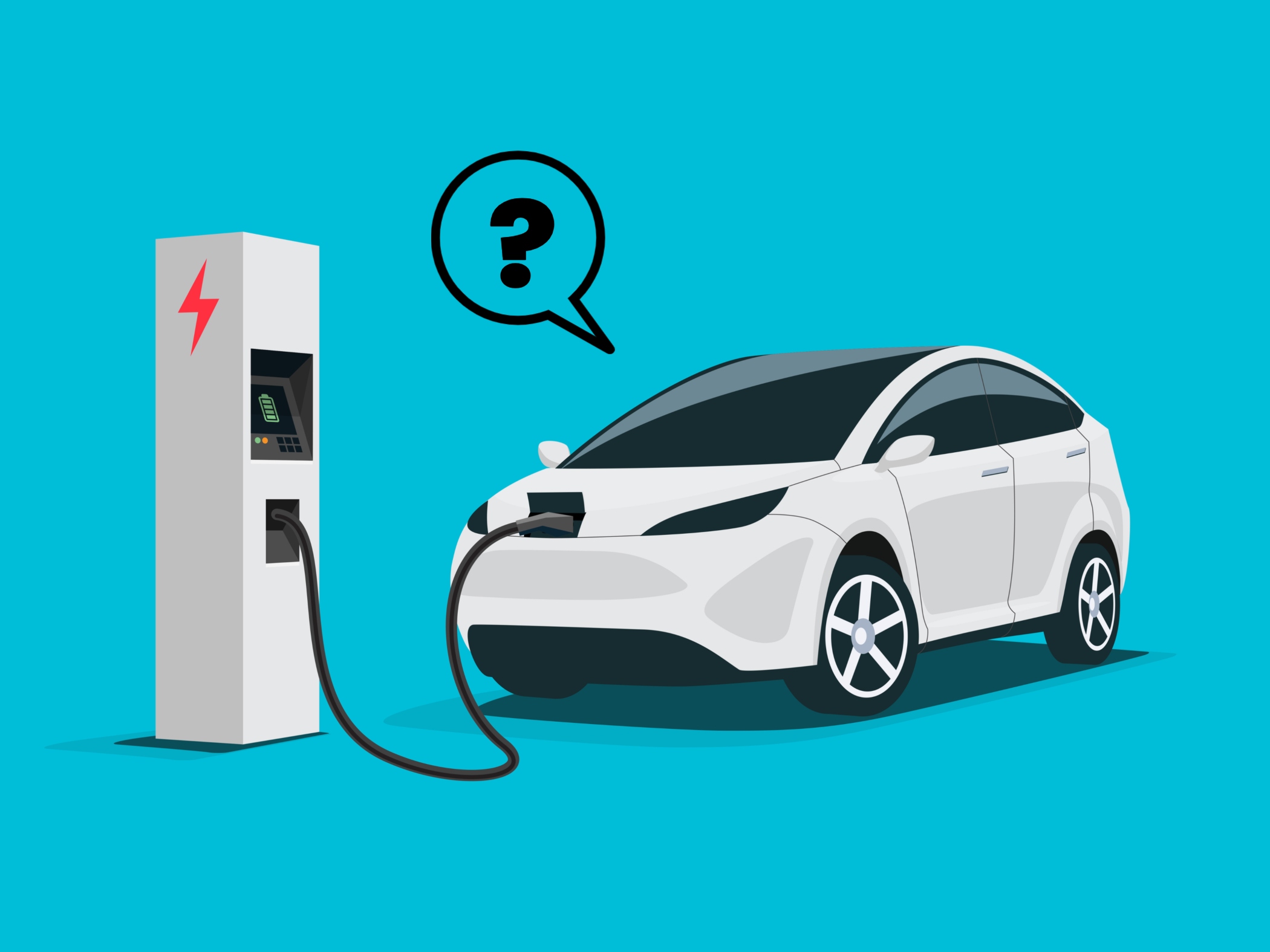Electric Vehicle Myths: Get the Facts

Electric vehicles (EVs) continue to hit the road in large numbers. A record 1.2 million EVs were sold in the U.S. in 2023, according to Kelley Blue Book. Despite this, plenty of misconceptions about EVs may be creating a roadblock to greater adoption. Here, we set the record straight by clearing up some of these common myths.
EVs are too expensive
It's true that the upfront cost of an electric vehicle is higher than a comparable gasoline-fueled car. EVs are expensive, but the price difference quickly disappears when you consider how much less it costs to operate an EV. The average American driver who spends more than $2,000 to fill up at gasoline stations each year would pay just $560 on electricity to charge an EV at home. Plus, EVs never need an oil change. There are also federal tax credits of up to $7,500 available that can help reduce the purchase cost of eligible vehicles.
EVs aren't really greener
A common misconception is that EVs don't reduce greenhouse gas emissions; they just replace gasoline engine pollution with emissions from electric power plants. In fact, EVs reduce overall greenhouse gas emissions by at least 20% when supplied by electricity from coal-fired power plants. In reality, more than 21% (and growing) of the electricity in the U.S. comes from clean, renewable sources like wind and solar, according to the U.S. Department of Energy (DOE).
EVs don't have a long enough range
The fear that a battery won't get you where you need to go is the biggest misconception surrounding EVs. In fact, most new EVs can travel more than 150 miles on a single charge, according to the DOE. That's far more than the average American drives each day. Plus, plug-in hybrid-electrics (PHEV) provide many benefits of battery electric vehicles, but with a gas-engine backup that will keep you driving for many more miles between charging stations.
Charging stations are hard to find
According to the DOE's Alternative Fuels Data Center, there are more than 63,000 public charging stations in the U.S., and several smartphone apps can point you to the nearest one. It is true that charging stations tend to be concentrated in cities. In many areas, finding a gas station is much easier than finding an EV charging station. But it's also true that by installing a charging station at home, most drivers would never need to visit a public charging station. SWEPCO offers a $250 rebate for an ENERGY STAR® certified Level-2 EV Charger for your home.
So, now you know the truth. Consider an EV the next time you decide to upgrade your home fleet.
Return to newsletter